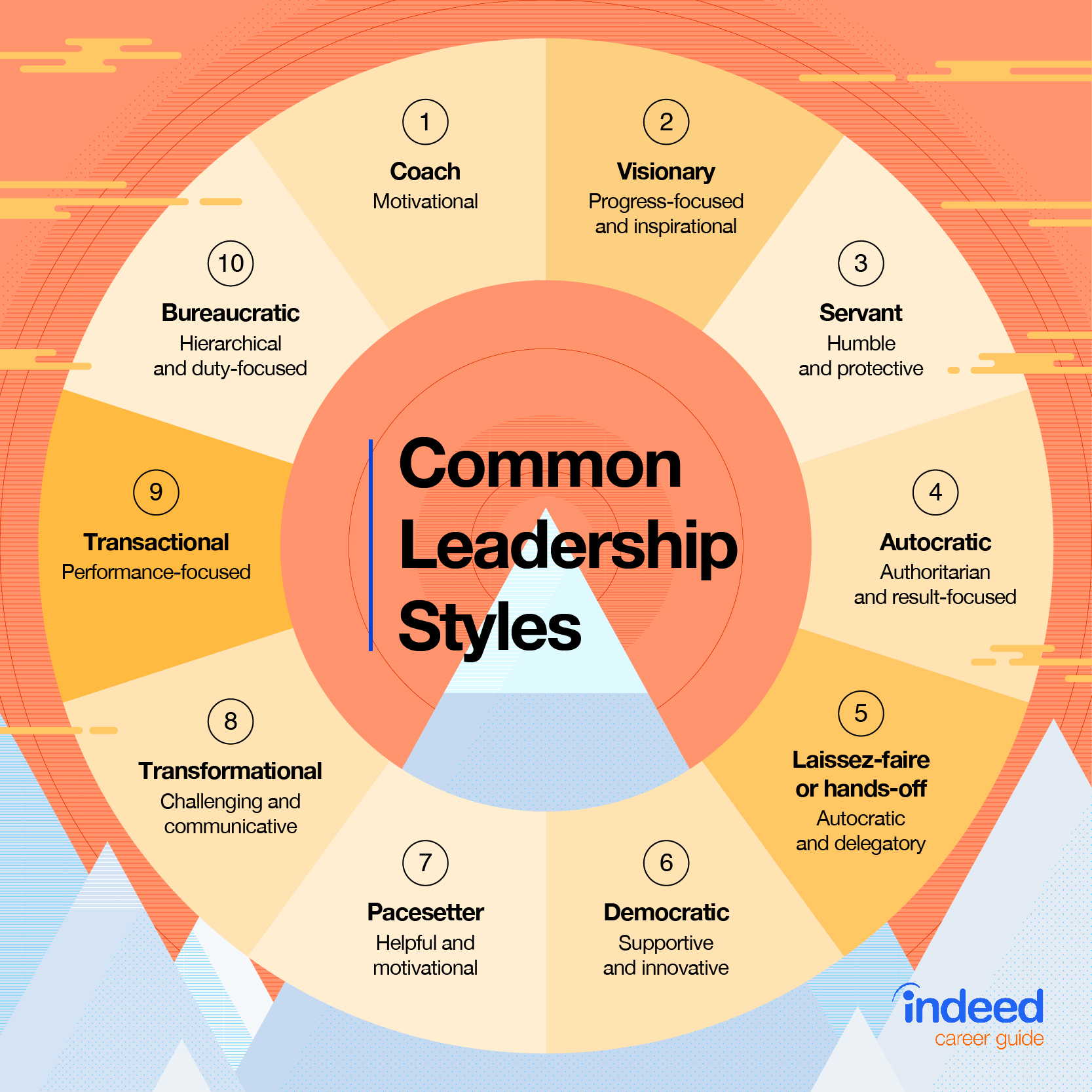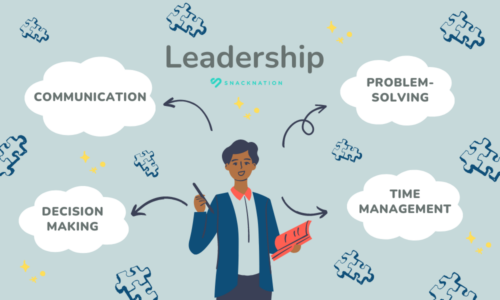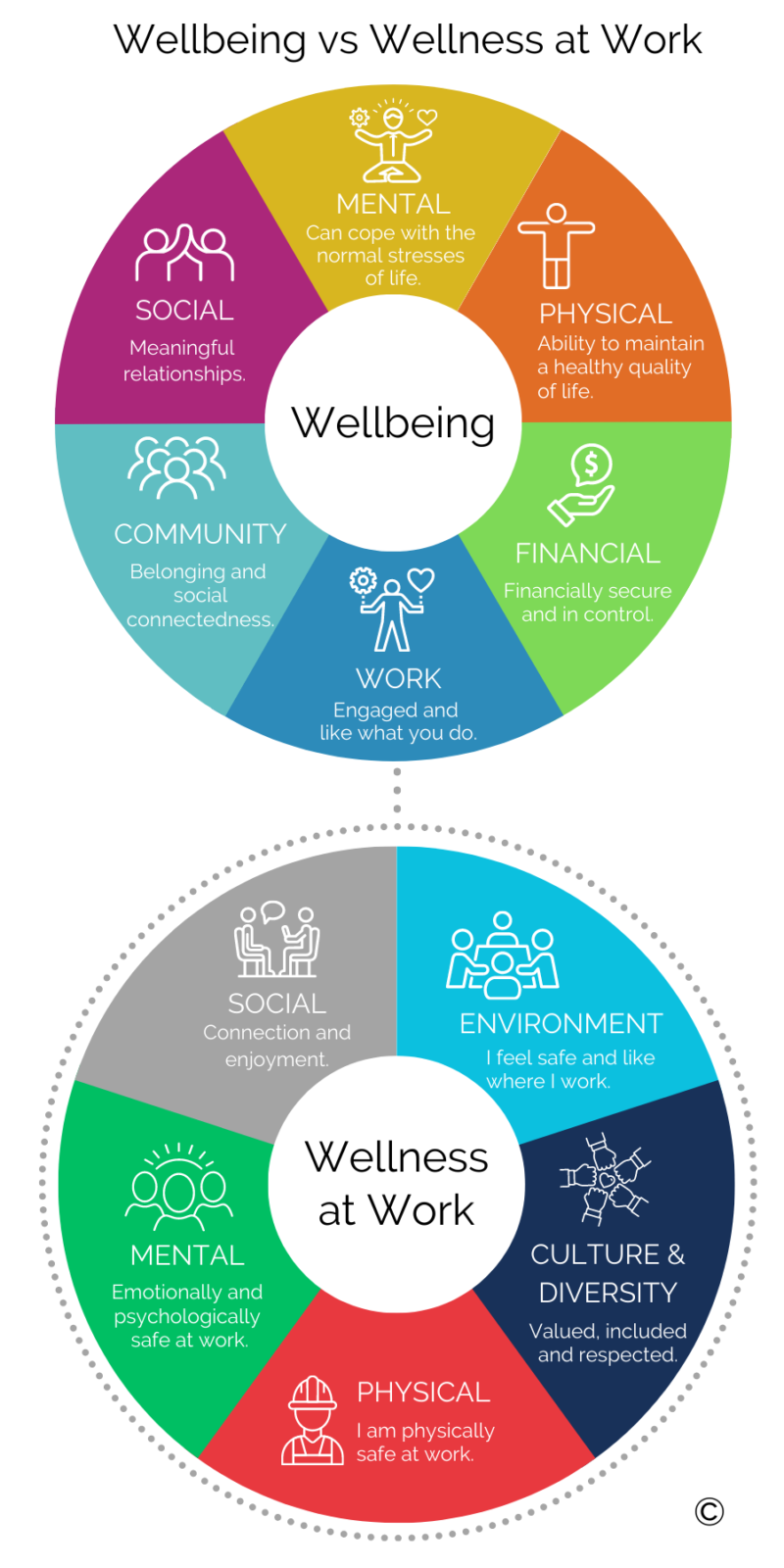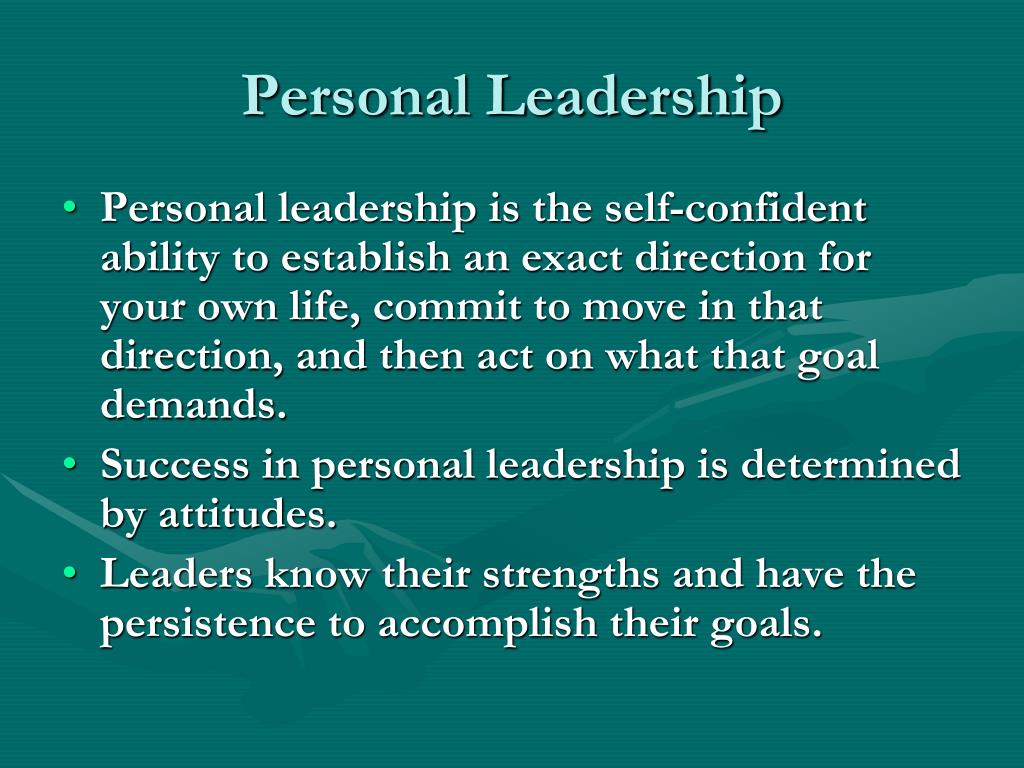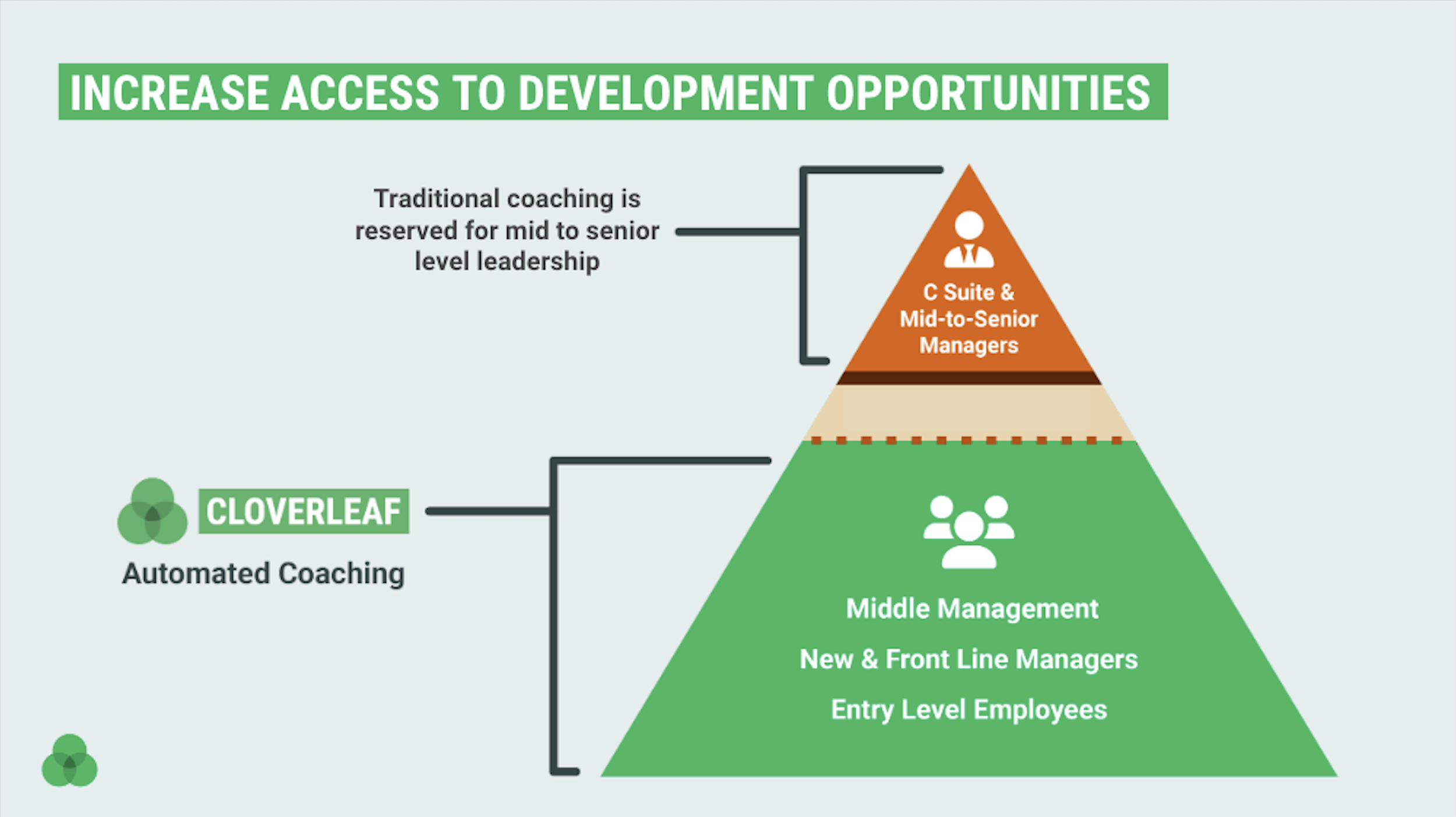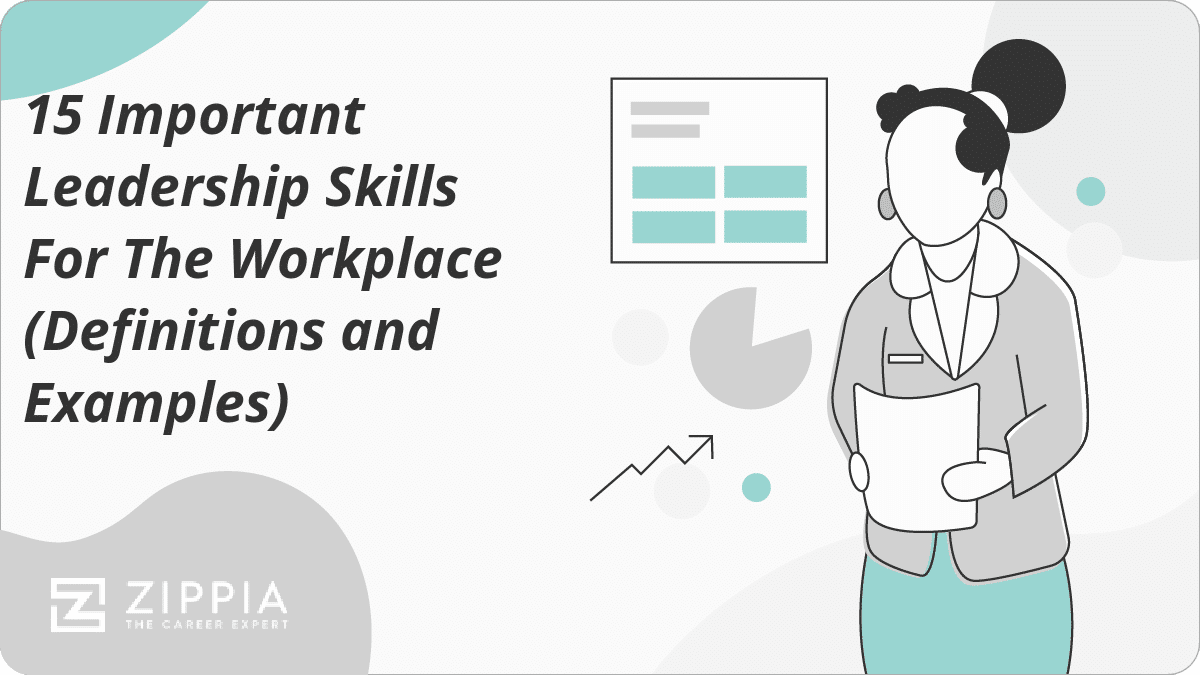Personal Leadership In The Workplace
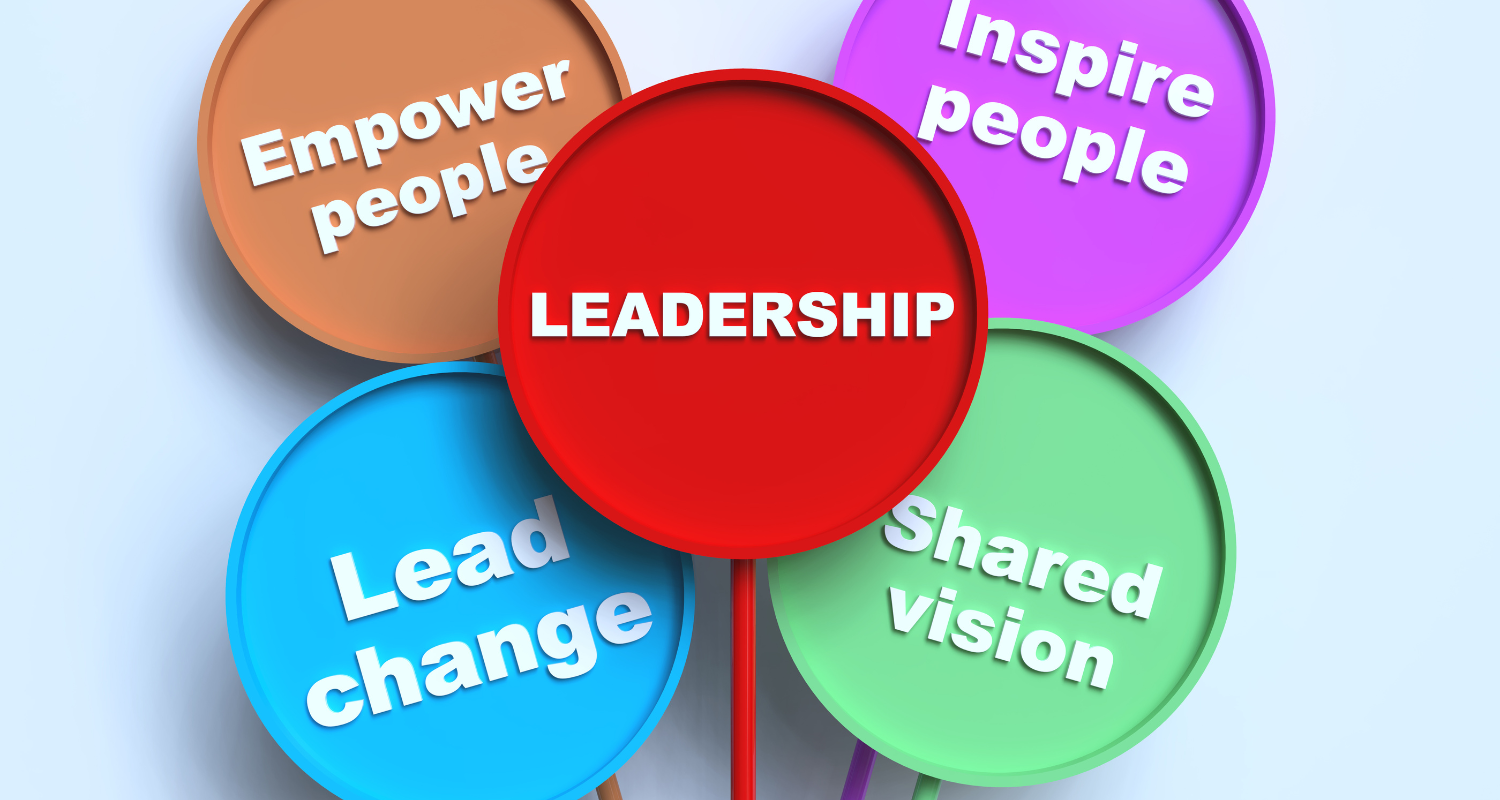
In today's dynamic work environment, personal leadership is increasingly recognized as a crucial element for individual success and organizational effectiveness. More than just a management style, it's about taking ownership, influencing outcomes, and contributing positively, regardless of one's formal position.
This article examines the growing emphasis on personal leadership in the workplace, exploring its key components, benefits, and potential impact on employees and organizations.
What is Personal Leadership?
Personal leadership is the ability to take responsibility for one's own actions, decisions, and development. It involves self-awareness, goal setting, effective communication, and the ability to inspire and influence others, even without formal authority, according to a recent report by the Society for Human Resource Management (SHRM).
It's about demonstrating initiative, problem-solving skills, and a commitment to continuous improvement. The concept extends beyond traditional leadership roles, empowering every employee to contribute meaningfully.
Key Components
Several core competencies underpin personal leadership. These include: self-awareness, understanding one’s strengths and weaknesses; emotional intelligence, managing emotions and understanding those of others; proactive problem-solving, identifying and addressing challenges effectively; and effective communication, articulating ideas clearly and persuasively.
The Center for Creative Leadership highlights the importance of adaptability and resilience in navigating complex workplace situations.
Benefits of Personal Leadership
Cultivating personal leadership yields numerous benefits for both individuals and organizations. For employees, it fosters a sense of empowerment, increases job satisfaction, and enhances career prospects, according to a 2023 study published in the Journal of Applied Psychology.
Organizations benefit from increased innovation, improved team collaboration, and enhanced overall performance.
When employees take ownership and demonstrate initiative, companies are better equipped to adapt to change and achieve strategic objectives. Deloitte's recent Human Capital Trends report emphasizes the importance of distributed leadership in building agile and resilient organizations.
Impact on Workplace Culture
A culture that encourages personal leadership promotes a more engaged and productive workforce. It creates an environment where employees feel valued, respected, and empowered to contribute their best work.
This, in turn, can lead to increased employee retention and reduced turnover rates.
Developing Personal Leadership Skills
Personal leadership skills can be developed through various means, including training programs, mentorship opportunities, and self-directed learning.
Many organizations are investing in leadership development programs that focus on building self-awareness, communication skills, and problem-solving abilities. Robert Half, a leading staffing firm, offers resources and training programs designed to enhance personal leadership skills.
Self-reflection, seeking feedback, and actively practicing new skills are also crucial for personal growth.
“Embracing a growth mindset is essential,” says Dr. Angela Duckworth, author of Grit: The Power of Passion and Perseverance.
Challenges and Considerations
While the benefits of personal leadership are clear, there are also challenges to consider. Some employees may be hesitant to take on additional responsibility or may lack the confidence to assert themselves.
Organizations need to create a supportive environment that encourages risk-taking and provides opportunities for growth. Effective communication and clear expectations are essential for fostering a culture of personal leadership.
The Future of Work
As the workplace continues to evolve, personal leadership will become even more critical. The rise of remote work and distributed teams requires individuals to be self-directed, accountable, and able to collaborate effectively without constant supervision.
The ability to take initiative, solve problems independently, and communicate effectively will be essential for success in the future of work.
Organizations that prioritize personal leadership will be better positioned to attract, retain, and develop top talent.
“Personal leadership is not a destination, but a journey of continuous learning and growth.” - Stephen Covey, author of The 7 Habits of Highly Effective People
By empowering employees to take ownership and contribute their unique skills and talents, organizations can create a more engaged, productive, and innovative workforce.
:max_bytes(150000):strip_icc()/top-leadership-skills-2063782_final-5b3e6be646e0fb0036272f42-5bbf7e0246e0fb0026d6416a.png)



